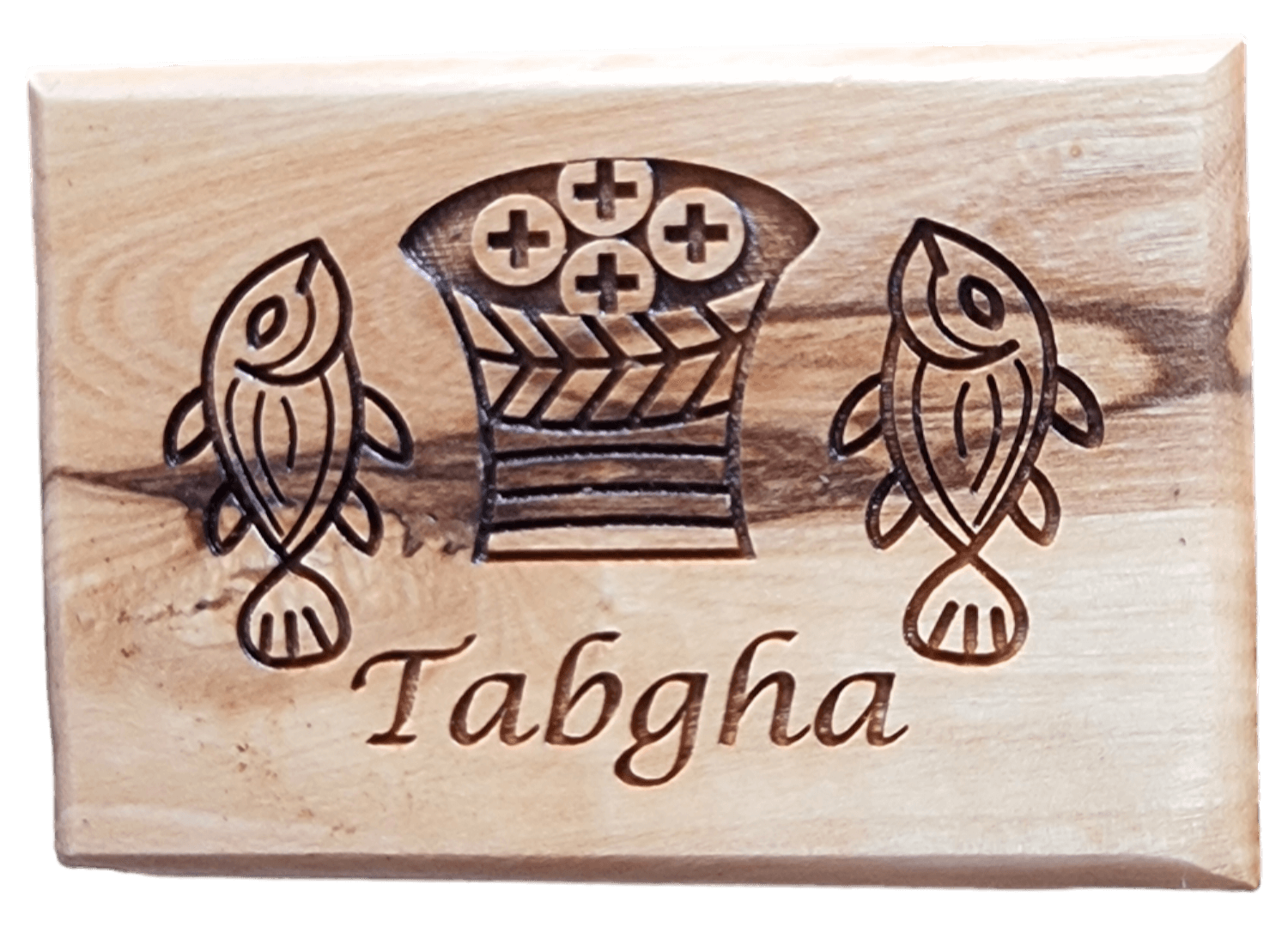
Clique para descobrir: por que este site bíblico é chamado Tabgha ?
O nome Tabgha tem um significado especial, refletindo a generosidade natural da área onde o milagre dos pães e peixes aconteceu. Ele se origina da antiga palavra grega "Heptapegon", que se traduz literalmente como "sete fontes". Este nome aponta para a presença de múltiplas fontes de água doce que sustentavam a vida na região.
Aqui está uma análise da transformação:
- Heptapegon (grego): Sete Fontes
- Tapego (grego abreviado): Uma versão abreviada de Heptapegon
- Tabgha (árabe): A pronúncia árabe evoluiu do Tapego, já que o árabe clássico não tem sons para "p", "g" e "o".
Curiosamente, embora o nome de Tabgha faça referência a fontes de água doce, evidências históricas e científicas sugerem que também pode ter havido algumas fontes salgadas.

Deixe um comentário